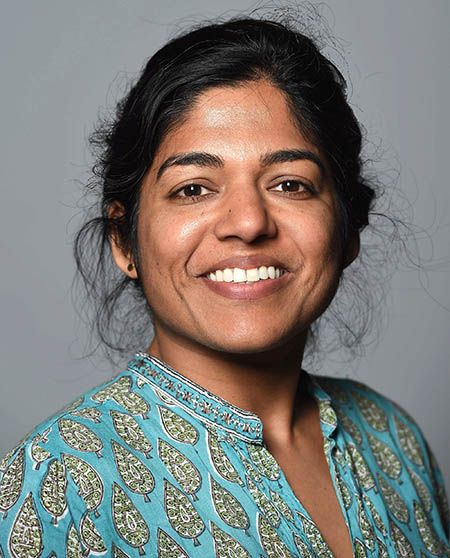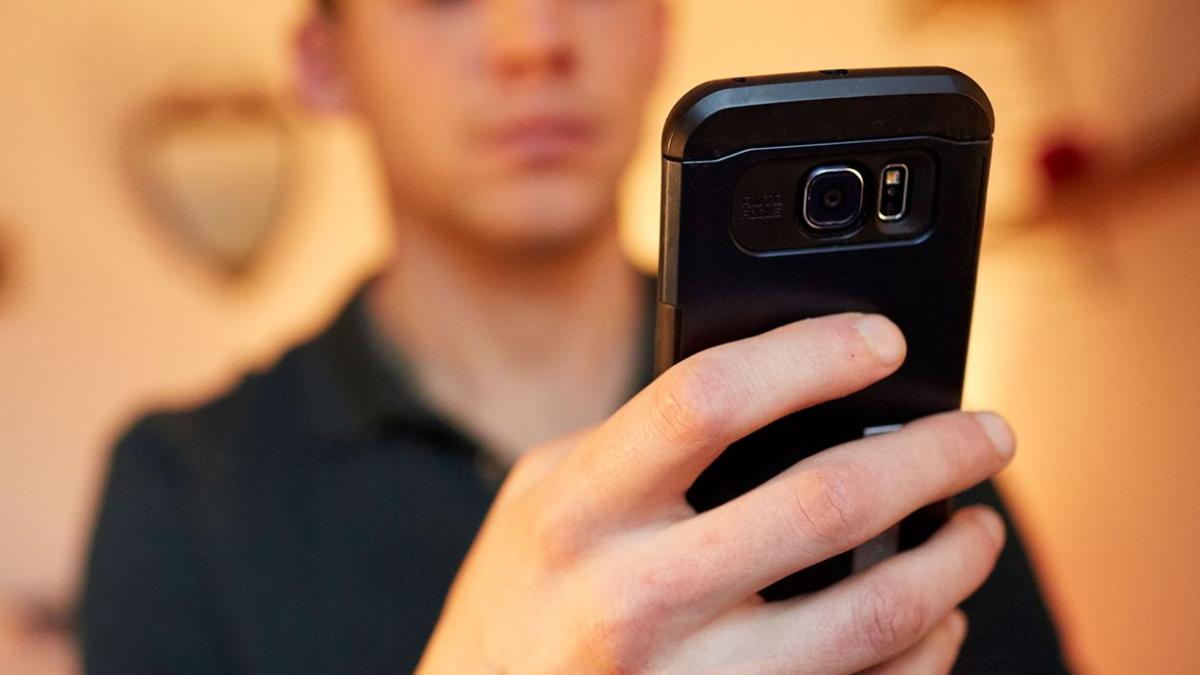How Your Phone Can Predict Depression and Lead to Personalized Treatment
According to the National Alliance on Mental Illness and the World Health Organization, depression affects 16 million Americans and 322 million people worldwide. Emerging evidence suggests that the COVID-19 pandemic is further exacerbating the prevalence of depression in the general population. With this trajectory, it is evident that more effective strategies are needed for therapeutics that address this critical public health issue.
In a recent study, publishing in the June 8, 2021 online edition of Nature Translational Psychiatry, researchers at University of California San Diego School of Medicine used a combination of modalities, such as measuring brain function, cognition and lifestyle factors, to generate individualized predictions of depression.
The machine learning and personalized approach took into account several factors related to an individual’s subjective symptoms, such as sleep, exercise, diet, stress, cognitive performance and brain activity.

Jyoti Mishra, PhD, is senior author of the study, director of NEATLabs and assistant professor in the Department of Psychiatry at UC San Diego School of Medicine.
“There are different underlying reasons and causes for depression,” said Jyoti Mishra, PhD, senior author of the study, director of NEATLabs and assistant professor in the Department of Psychiatry at UC San Diego School of Medicine. “Simply put, current health care standards are mostly just asking people how they feel and then writing a prescription for medication. Those first-line treatments have been shown to be only mild to moderately effective in large trials.
“Depression is a multifaceted illness, and we need to approach it with personalized treatment whether that be therapy with a mental health professional, more exercise or a combination of approaches.”
The one-month study collected data from 14 participants with depression using smartphone applications and wearables (like smart watches) to measure mood and lifestyle variables of sleep, exercise, diet and stress, and paired these with cognitive evaluations and electroencephalography, using electrodes on the scalp to record brain activity.
The goal was not to make any comparisons across individuals, but to model the predictors of each person’s daily fluctuations in depressed mood.
The researchers developed a new machine-learning pipeline to systematically identify distinct predictors of low mood in each individual.
As an example, exercise and daily caffeine intake emerged as strong predictors of mood for one participant, but for another, it was sleep and stress that were more predictive, while in a third subject, the top predictors were brain function and cognitive responses to rewards.
“We should not be approaching mental health as one size fits all. Patients will benefit by having more direct and quantified insight onto how specific behaviors may be feeding their depression. Clinicians can leverage this data to understand how their patients might be feeling and better integrate medical and behavioral approaches for improving and sustaining mental health,” said Mishra.
“Our study shows that we can use the technology and tools that are readily available, like cell phone apps, to collect information from individuals with or at risk for depression, without significant burden to them, and then harness that information to design personalized treatment plans.”
Mishra said next steps include examining if the personalized treatment plans guided by the data and machine learning are effective.
“Our findings could have broader implications than depression. Anyone seeking greater well-being could benefit from insights quantified from their own data. If I don’t know what is wrong, how do I know how to feel better?”
Co-authors include: Rutvik Shah, Gillian Grennan, MariamZafar-Khan, Fahad Alim, Sujit Dey, all with UC San Diego; and Dhakshin Ramanathan with UC San Diego and the VA San Diego Medical Center.
The research was funded, in part, by University of California San Diego and seed grants from the UC San Diego Mental Health Technology Center and the Sanford Institute for Empathy and Compassion.
Disclosure: Shah, Dey and Mishra have an Invention Disclosure filed for “Personalized Machine Learning of Depressed Mood using Wearables.”
